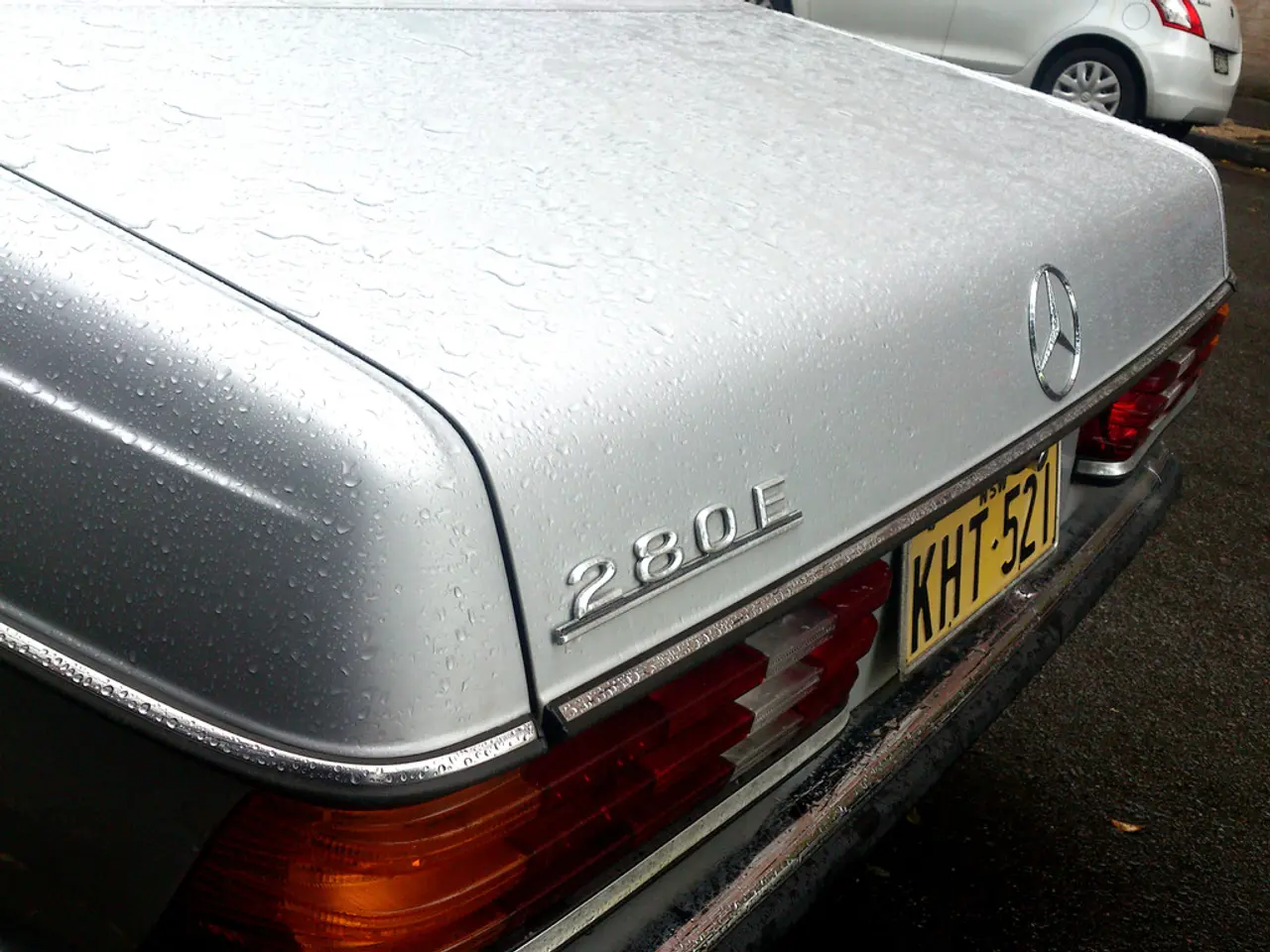Can Mercedes-Benz adopt BMW's engine design?
In a potential game-changer for the automotive industry, Mercedes-Benz and BMW are reportedly in discussions about a significant collaboration. If the deal goes through, it would mark a shift in Mercedes-Benz's approach to electrification, moving towards a more pragmatic strategy rather than an outright phase-out of combustion engines.
The collaboration, which has been under discussion for nearly a year, is primarily driven by Mercedes-Benz's need for more combustion units for Plug-in Hybrid Electric Vehicles (PHEVs). According to sources, several Mercedes models could be equipped with BMW's four-cylinder engines from around 2027. This includes the BMW B48 2.0-liter four-cylinder petrol engine, which could potentially replace Mercedes' own 1.5-liter units.
The production of these engines would take place at BMW's Steyr plant in Austria, a facility that produced over one million engines in 2024. The initial plan for engine supply includes the BMW B48 four-cylinder petrol engine, but insiders suggest that diesel options and drivetrain components might also be included in the deal.
For BMW, the potential deal could result in extra revenue, guaranteed output, and a sense of accomplishment knowing that Mercedes might prefer Bavarian power. On the other hand, Mercedes-Benz, which has faced difficulties using Chinese-built engines in key markets, could benefit from a reliable supply of high-quality engines.
The exact models that will receive BMW engines, and the timeline for this, have not been confirmed yet. However, discussions about joint US production to avoid tariffs give the cooperation a transatlantic flavor. Furthermore, there are suggestions that the collaboration might expand later to include transmissions like Mercedes' 9G-TRONIC going to BMW.
Ola Kallenius, CEO of Mercedes-Benz, admitted that margins slipped to 3.2% in Q2 and sales dropped to 900,000 units in the first half of 2024. One of the missing products identified by Kallenius is combustion engines for PHEVs. To address this gap, Kallenius and Oliver Zipse, CEO of BMW, have been investigating the details of this potential deal. Markus Schafer and Joachim Post, technical leaders from Mercedes-Benz and BMW respectively, have also been involved in the discussions.
Neither carmaker has officially confirmed the deal's scope or timing as of yet, but details may be revealed in the coming months. If the deal materializes, it would not only be a significant shift for Mercedes-Benz but also a unique milestone for BMW, as it is already a prolific supplier to various brands, but supplying engines to a direct rival like Mercedes-Benz would be a first.
Read also:
- Antitussives: List of Examples, Functions, Adverse Reactions, and Additional Details
- Asthma Diagnosis: Exploring FeNO Tests and Related Treatments
- Classic Mercedes vehicle from 1910 races again at Pebble Beach, showcasing its rich history, while AMG's future designs display their wild and ambitious direction.
- Judge halts amendments in Affordable Care Act marketplace operations








